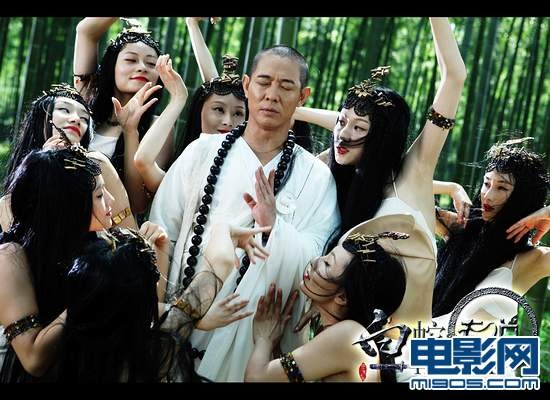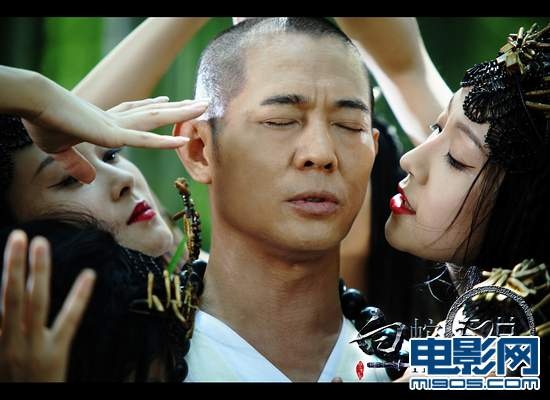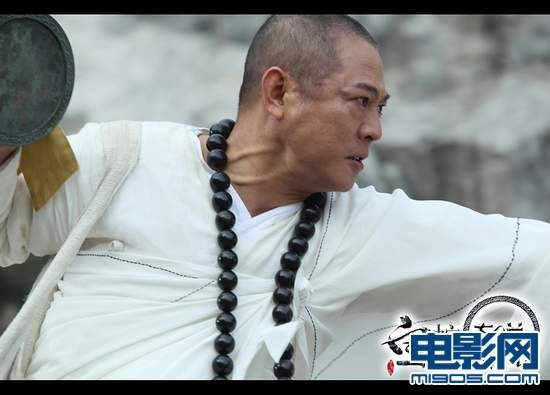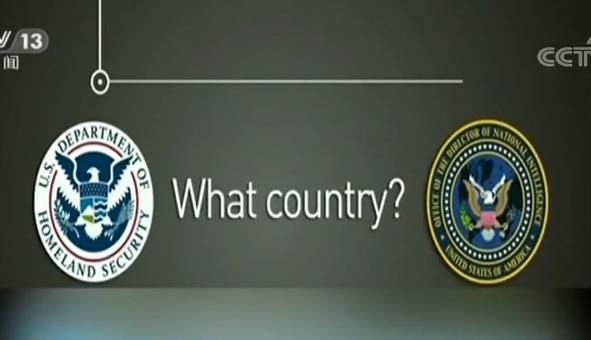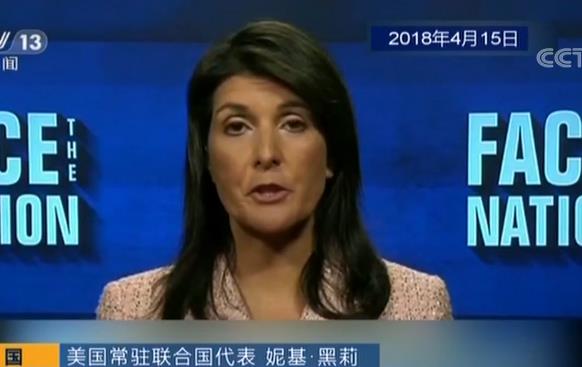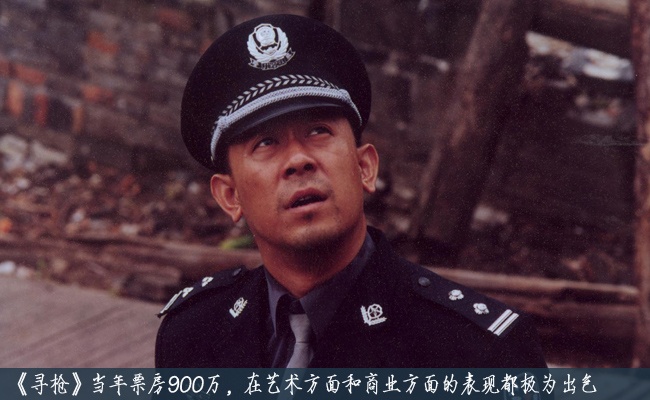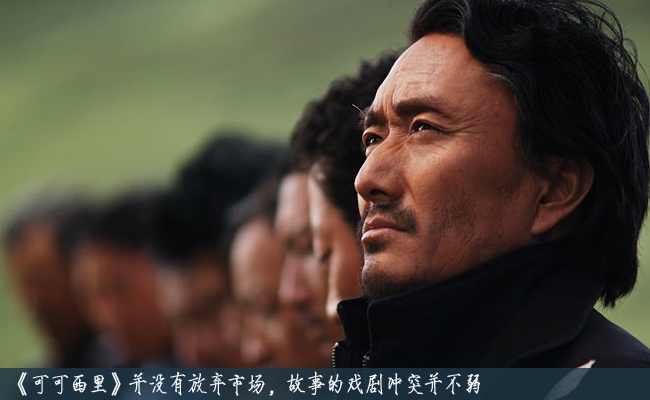On December 15th, China Network Audio-visual Program Service Association issued the Detailed Rules on the Standards for Auditing Network Short Video Content (2021). The new version of the "Rules" stipulates that short video programs shall not appear "show ‘ Fanquan ’ Chaos and bad fan culture, advocating hype, abnormal aesthetics, fanaticism of idolize, fans’ irrational voice and support, and celebrity scandal, "cutting and adapting various audio-visual programs and fragments such as movies, TV dramas and online TV dramas without authorization" and "luring and instigating the public to participate in virtual currency ‘ Mining ’ , trading, hype, etc.
The full text is as follows:
In order to improve the quality of short video content, curb the spread of false and harmful content, and create a clear cyberspace, these rules are formulated in accordance with relevant national laws and regulations, the Provisions on the Administration of Internet Audio-visual Program Services and the General Rules for the Audit of Internet Audio-visual Program Content.
First, the basic standards of network short video content audit
(1) The 10 standards listed in Article 16 of the Regulations on the Administration of Internet Audio-visual Program Services.
(2) The 94 standards listed in Articles 7, 8, 9, 10, 11 and 12 of Chapter IV of the General Rules for the Content Examination of Internet Audio-visual Programs.
Second, the specific rules for the review of network short video content
According to the basic standards for the review of network short video content, short video programs and their titles, names, comments, barrage, emoticons, etc., the following specific contents shall not appear in their language, performance, subtitles, pictures, music and sound effects:
(a) the content of the Socialism with Chinese characteristics system.
For example:
1. Attacking, denying, damaging or violating Socialism with Chinese characteristics’s guiding ideology and action guide;
2 ridicule, irony, opposition, contempt for the latest theoretical achievements and guiding position of Marxism in China;
3. Attacking or denying the most essential characteristics of Socialism with Chinese characteristics, attacking, denying or weakening the core position of the CPC Central Committee and the whole party;
4. Disregarding the world, national conditions and party conditions, denying the development history of the party and the country at one stage and engaging in historical nihilism;
5. Violating the Central Committee of the Communist Party of China’s resolution on the great achievements and historical experience of the party’s century-long struggle, ridiculing, denying and attacking the major principles and policies, major initiatives and major work promoted by the party and the state since the founding of New China;
6. Misinterpret, deny, attack or abuse the formulation and revision of major national laws and regulations such as the Constitution, or ridicule, satirize, oppose or distort specific provisions thereof;
7.以娱乐化方式篡改、解读支撑中国特色社会主义制度的根本制度、基本制度、重要制度,对其中的特定名词称谓进行不当使用的;
(二)分裂国家的内容
For example:
8.反对、攻击、曲解“一个中国”“一国两制”的;
9.体现台独、港独、藏独、疆独等的言行、活动、标识的,包括影像资料、作品、语音、言论、图片、文字、反动旗帜、标语口号等各种形式(转播中央新闻单位新闻报道除外);
10.持有台独、港独、藏独、疆独等分裂国家立场的艺人及组织团体制作或参与制作的节目、娱乐报道、作品宣传的;
11.对涉及领土和历史事件的描写不符合国家定论的;
(三)损害国家形象的内容
For example:
12.贬损、玷污、恶搞中国国家和民族的形象、精神和气质的;
13.以焚烧、毁损、涂划、玷污、践踏、恶搞等方式侮辱国旗、国徽的,在不适宜的娱乐商业活动等场合使用国旗、国徽的;
14.篡改、恶搞国歌的,在不适宜的商业和娱乐活动中使用国歌,或在不恰当的情境唱奏国歌,有损国歌尊严的;
15.截取党和国家领导人讲话片段可能使原意扭曲或使人产生歧义,或通过截取视频片段、专门制作拼凑动图等方式,歪曲放大展示党和国家领导人语气语意语态的;
16. Without the authorization or approval of the state, special actors and ordinary people dress up and imitate the image of party and state leaders, participate in activities including hosting, performing, giving speeches, posing, etc., and seek benefits or grandstanding and have adverse effects (except film and television works or cultural performances approved according to law);
17. The characters in the program wear clothes, shoes and hats printed with the heads of the party and state leaders, and form strange expressions by shaking and folding the clothes, shoes and hats printed with the heads;
(four) content that damages the image of revolutionary leaders and heroes and martyrs.
For example:
18 discredit, distort, vilify, blaspheme or deny the deeds and spirit of revolutionary leaders and heroic martyrs;
19 improper use and spoof the names and portraits of revolutionary leaders and heroic martyrs;
(five) the contents of revealing state secrets.
For example:
20. Leaking unpublished documents and speeches of party and government organs at all levels in the country;
21. Leaking the contents, procedures and work arrangements of special work that have not been made public by party and government organs at all levels in the country;
22. divulging state secrets such as national defense, science and technology, and military industry;
23. Privately publishing information about the personal work and life of party and state leaders and family members of party and state leaders;
(six) the content of undermining social stability
For example:
24 hype social hotspots, intensify social contradictions, and affect public order and public safety;
25. Disseminating information on disasters and accidents released by news organizations at or above the provincial level;
26. Programs about the impact and consequences of disasters and public events produced by non-news organizations;
(seven) damage to national and regional unity content.
For example:
27. Laughing, teasing, hurting national and regional feelings and undermining stability and unity through language, address, dress, pictures and music;
28. Render normal security measures into national prejudice and opposition;
29. Disseminating content that may lead to misunderstanding;
30. Seeking novelty and exaggerating unique national customs and religious beliefs, or even uglifying and insulting them;
31. Showing the brutal and bloody war of conquest between ethnic groups in history with approval and praise;
(eight) content that violates the national religious policy.
For example:
32. Showing religious extremism, extreme thoughts, activities of cult organizations and their main members and followers, as well as their "doctrines" and thoughts;
33. Improper comparison of the advantages and disadvantages of different religions and sects may lead to contradictions and conflicts between religions and sects;
34. Excessive display and promotion of religious teachings, canons and ceremonies;
35. Confusing religious extremism with legitimate religious activities, exaggerating normal religious beliefs and activities into extreme thoughts and actions, or interpreting extreme thoughts and actions as normal religious beliefs and activities;
36. Joking and poking fun at religious content, as well as all kinds of malicious remarks that hurt ethnic and religious feelings;
(9) Disseminating the contents of terrorism
For example:
37. Representing terrorist organizations at home and abroad;
38. Showing terrorist acts in detail;
39. Spreading terrorism and its propositions;
40. Spreading videos of purposeful, planned and organized violent terrorist attacks by means of self-immolation, suicide bombers, smashing and looting (except those publicly reported by the central news media), or forwarding one-sided reports and video clips that distort the truth of these activities;
(ten) distort and belittle the content of the excellent national cultural tradition.
For example:
41. Tampering with famous works and distorting the spiritual essence of the original works;
42. Subverting the important figures in the classics;
43. Violating the basic historical conclusion and arbitrarily misinterpreting history;
44. Playful or over-entertaining performance of history, especially revolutionary history;
(eleven) malicious slander or damage the image of the people’s army, national security, police, administration, justice and other national public servants and the image of communist party and party member.
For example:
45. Malicious interception of fragments of law enforcement work of law enforcement personnel, creating a violent law enforcement effect for law enforcement personnel;
46. Spreading unconfirmed fights, assemblies, processions, protests and petitions by people wearing military uniforms, pretending to be public servants such as the People’s Army, national security, police, administration and justice, and swindling and confusing people in public;
47. When showing the image of the People’s Liberation Army, the language is exaggerated and there is a problem of pan-entertainment;
(twelve) beautify the content of negative and negative characters.
For example:
48. To provide a publicity platform for all kinds of criminals, including drug addicts and prostitutes, and to highlight their positive aspects;
49. Singing praises to the negative characters who have been identified;
(thirteen) to promote feudal superstition, contrary to the scientific spirit of the content
For example:
50. Set up channels, sections and personal homepages for jumping into the gods, breaking the traditional life, witchcraft, stabbing villains, Dojo practices, and promoting feudal superstitious ideas such as witchcraft practices;
51. Advocating changing people’s destiny through magic;
52. Propagandizing feudal superstition through folk classics and legends;
(fourteen) to promote the content of bad, negative and decadent outlook on life, world outlook and values.
For example:
53. Propagandize bad values such as the supremacy of flow, extravagant enjoyment, showing off wealth and money worship, and showing a decadent life that violates ethics;
54. Show the chaos of "rice circle" and bad fan culture, advocate hype, abnormal aesthetics, crazy idolize, irrational voice of fans and support, and celebrity scandal;
55. Propagandizing and publicizing funeral culture and suicide games;
56. Showing sympathy, supporting extramarital affairs and one-night stands;
(fifteen) the content of rendering violent and bloody, showing ugly behavior and scary scenes.
For example:
57. Showing rampant acts such as gang fighting, murder, violent debt collection, recruiting thugs, hiring murderers, etc. by evil forces;
58. Showing in detail the violent, cruel, horrible and extreme criminal process and physical and mental abuse;
59. Carefully show the extremely excited physiological state and distorted expression after taking drugs, and show all kinds of drug-taking tools and drug-taking methods that are easy to cause imitation;
60. Showing bad customs and ugliness culture in detail;
61. Showing in detail gambling devices such as slot machines, coin pushing machines, fishing machines, scorers and cheaters, as well as gambling skills and behaviors such as Qianshu and Anti-Qianshu;
62. Pictures, lines, music and sound effects that show excessive physical pain and hysteria and may cause strong sensory and mental stimulation to ordinary viewers, thus causing physical and mental panic, anxiety, disgust, nausea and other discomfort;
63. Advocating violence with violence and advocating extreme revenge psychology and behavior;
(sixteen) display obscenity and pornography, render vulgar and vulgar tastes, and promote unhealthy and non-mainstream views on marriage and love.
For example:
64. Specifically showing the plots of prostitution, whoring, fornication, rape, etc., directly showing sexual behavior, moaning, calling for bed and other sounds and special effects;
65. In the video, obscene pornographic information is used as bait for diversion;
66. Shooting and displaying the "red light district", nightclubs and bathing and massage places with sex trade content by way of novelty hunting and publicity;
67. Showing and exhibiting abnormal sexual relations and behaviors;
68. Displaying and propagating unhealthy and non-mainstream views on marriage and love and the state of marriage and love;
69. Showing pictures, lines, music and sound effects of kissing, caressing, showering and similar indirect expressions or hints related to sexual behavior, with obvious sexual teasing, sexual harassment, sexual insult or similar effects, showing male and female organs, or covering up the hidden parts of the human body with only limbs or with a very small cover and exposing clothes excessively;
70. Using vulgar language to show vulgar behavior;
71. Expressing the content that makes people associate with sexual behavior and sexual organs in obscure and vulgar language;
72. Taking the "full version", "unabridged version", "unabridged version", "deleted fragment" and "assembled version" of the film and television drama whose adult films, erotic films films and third-level films have been audited and deleted as the title, classification or promotion of video programs;
73. Taking candid photos, naked photos, dew points and all kinds of provocative and suggestive words or pictures as the title, classification or promotion of video programs;
(seventeen) insult, slander, derogatory, spoof others’ content.
For example:
74. Insulting, slandering, belittling or spoofing the image and reputation of historical figures and other real figures;
75. Disdaining or spoofing the national leaders of other countries, which may cause international disputes or cause adverse international influence;
76. Insulting or degrading the professional identity, social status, physical characteristics and health status of others;
(eighteen) contrary to social morality, vulgar style, serious entertainment content.
For example:
77. Depicting major natural disasters, accidents, terrorist incidents, wars and other disaster scenes in a spoof way;
78. Showing fights, humiliating others or using foul language in a positive and approving tone or by introducing imitation;
79. The content is shallow, which violates public order and good customs and disrupts the order of public places;
80. Spreading false charity and false positive energy by fabricating the facts of charitable donation, fabricating and exaggerating the tragic life experience of others, etc.;
(nineteen) content that is not conducive to the healthy growth of minors.
For example:
81. Showing puppy love among minors, and smoking, drinking, fighting, drug abuse and other bad behaviors;
82. The characters are too exaggerated and weird, which has a bad influence on minors;
83. Making use of minors to produce bad programs;
84. Infringe on the legitimate rights and interests of minors or damage their physical and mental health;
(twenty) to publicize and beautify the contents of the war of aggression and colonial history in history.
For example:
85. Advocating fascism, extreme nationalism and racism;
86. Ignoring or ignoring the aggression of the unjust side in the war of aggression, but highlighting some mistakes of the just side;
87. Using words, titles and pictures with colonial overtones;
(twenty-one) other contents that violate the relevant provisions of the state and social ethics.
For example:
88. The political content, classic culture and serious historical culture are over-entertained, and the mainstream values are dispelled, and the mainstream values are "low-level red and senior black";
89. Programs produced or participated in by specific organizations or individuals engaged in anti-China, anti-Party, separatist, cult and terrorist activities, and the channels, sections, homepages and accounts opened by them;
90. Illegal news editing and dissemination involving politics, economy, military affairs, diplomacy, major social, cultural, scientific and technological, health, education, sports and other important sensitive activities and events;
91. Programs produced or participated in by those who commit crimes or scandals, or those who vindicate those who commit crimes or scandals;
92. Illegally broadcasting clips of movies, TV dramas and online TV dramas that have not been approved by the state, and all kinds of overseas audio-visual programs and clips that have not been approved for introduction, or audio-visual programs and clips that have been explicitly prohibited by the state;
93. Cutting and adapting various audio-visual programs and fragments such as movies, TV dramas and online TV dramas without authorization;
94. Violating personal privacy and maliciously exposing other people’s health and illness, private residence, marriage relationship, private space and private activities;
95. Abuse or misuse the marks, call signs, titles and terms that have been clearly defined by the relevant provisions of the state;
96. Destroying the ecological environment, maltreating animals, killing and eating animals under state protection;
97. Showing that an individual holds dangerous controlled articles with lethality;
98. Luring and abetting the public to participate in virtual currency "mining", trading and speculation;
99. Embedding illegal and illegal product and service information in the program to mislead the masses through fraud;
100 other violations of laws, regulations and social public order and good customs.
